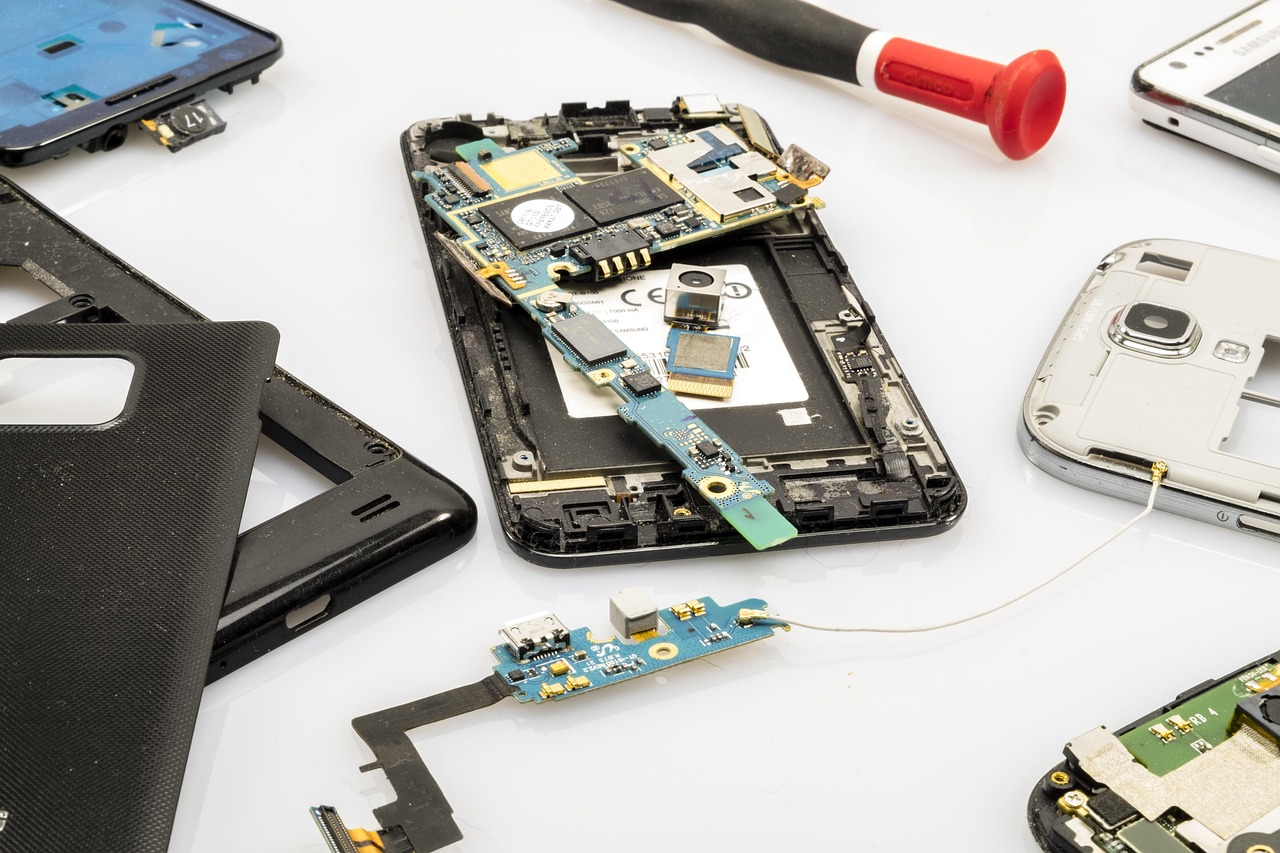
There are 700 million unused mobile phones in drawers in the EU. The estimated value of materials in all these phones is €600 million to €1.2 billion. If we collect all these phones, we do not have to mine for…

There are 700 million unused mobile phones in drawers in the EU. The estimated value of materials in all these phones is €600 million to €1.2 billion. If we collect all these phones, we do not have to mine for…

In 1960, an entrepreneur named David Latimer set an experiment to investigate the interdependent relationship between plant life and their microbiological surroundings within a closed system. He placed only a handful of soil-dwelling plants – a fern, moss, and grass…
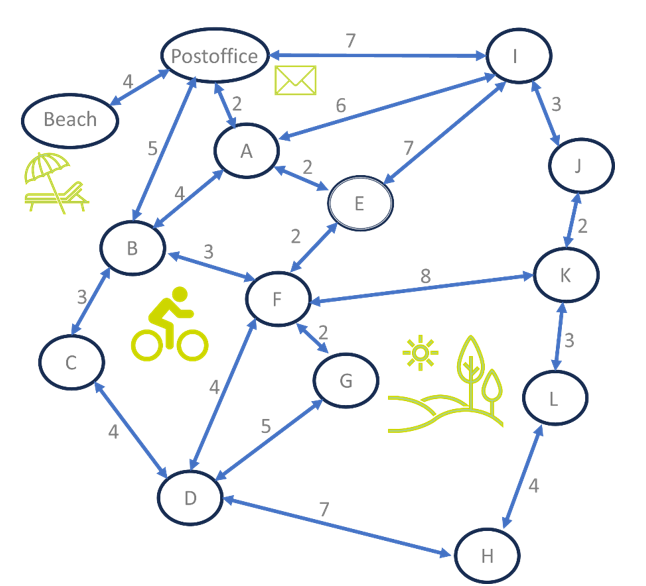
Eva works at Eco-delivery, an environmentally friendly courier that delivers post by bicycle within the city. The sun was shining and Eva decided to head to the beach with her swimwear. Early as it was, Lena and Ullrika were already…
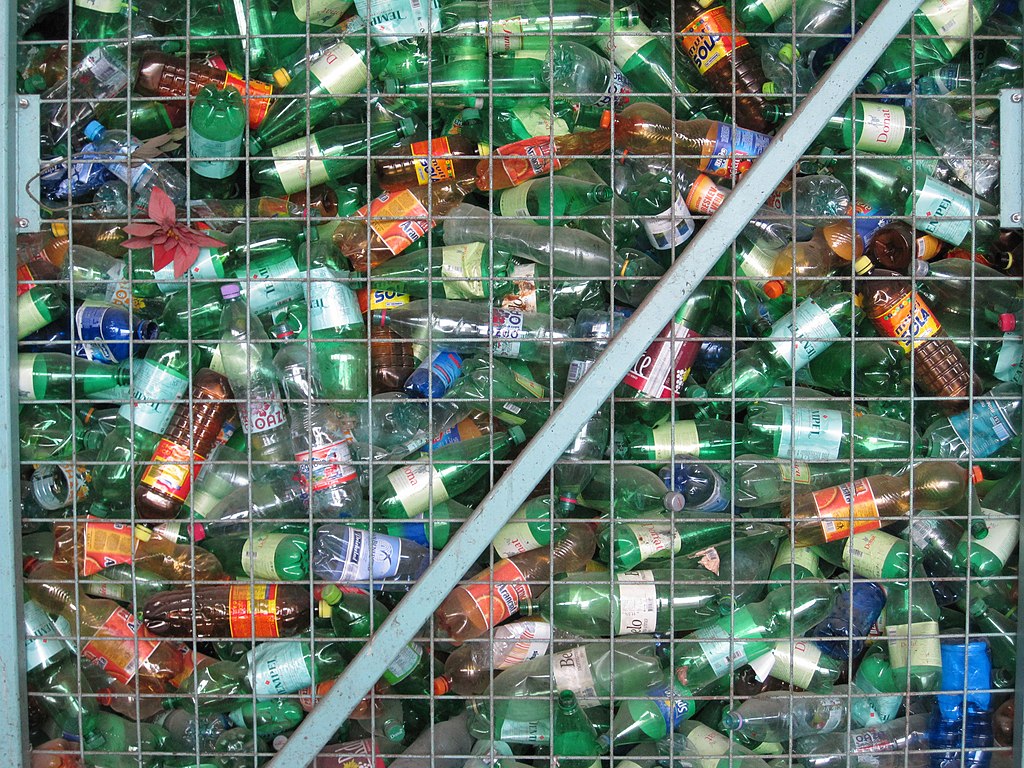
Plastic production has sharply increased over the last 70 years. In 1950, the world produced just two million tons. It now produces over 450 million tons. Plastic has added much value to our lives: it’s a cheap, versatile, and sterile…

We often use markers in our daily life, especially at school. But there is one big problem – markers aren’t refillable. After markers run out of ink, they are usually thrown away without thinking twice. For most makers the reservoir,…
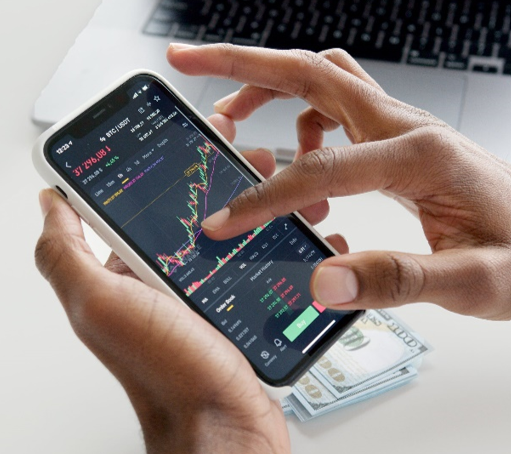
On December 8th, 1921, Fred R. Barnard used the slogan “One Look is Worth A Thousand Words” to promote advertisements on streetcars. This slogan has not lost its relevance to this day: Certain things can be expressed more precisely using…
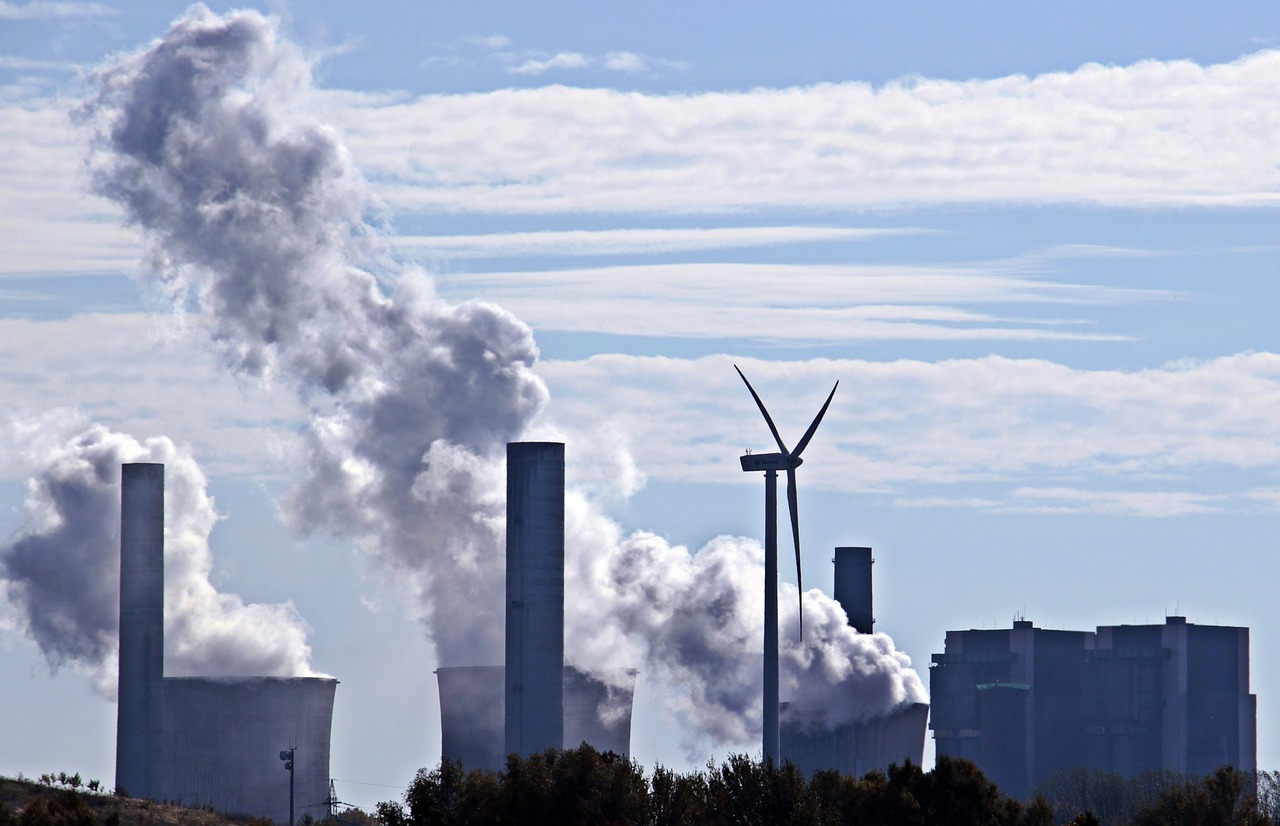
Greenhouse gases need to be cut at every turn, but neither at the political and societal level nor in one’s own habits you can change everything at the same time. So where do we start? Perhaps where it will do…
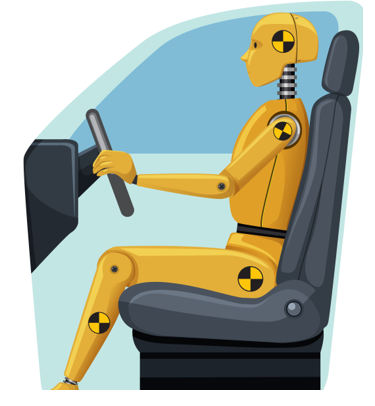
Did you know that according to a study from the University of Virgina, women are 73% more vulnerable than men in a car accident? In addition to the physical and biomechanical differences between women and men (such as the fundamental…
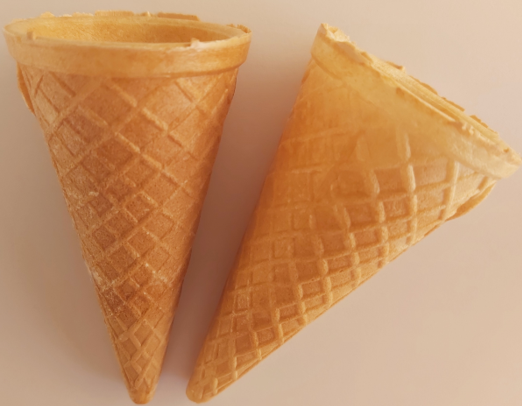
Everyone loves ice cream! But have you ever looked at an ice cream cone through the eyes of mathematics? In this task, we are trying to optimise the ice cream cone! Think about what an ice cream cone is mathematically….
You need to load content from reCAPTCHA to submit the form. Please note that doing so will share data with third-party providers.
More InformationYou are currently viewing a placeholder content from Turnstile. To access the actual content, click the button below. Please note that doing so will share data with third-party providers.
More InformationYou are currently viewing a placeholder content from Facebook. To access the actual content, click the button below. Please note that doing so will share data with third-party providers.
More InformationYou are currently viewing a placeholder content from Instagram. To access the actual content, click the button below. Please note that doing so will share data with third-party providers.
More InformationYou are currently viewing a placeholder content from OpenStreetMap. To access the actual content, click the button below. Please note that doing so will share data with third-party providers.
More InformationYou are currently viewing a placeholder content from Google Maps. To access the actual content, click the button below. Please note that doing so will share data with third-party providers.
More InformationYou are currently viewing a placeholder content from YouTube. To access the actual content, click the button below. Please note that doing so will share data with third-party providers.
More InformationYou are currently viewing a placeholder content from Vimeo. To access the actual content, click the button below. Please note that doing so will share data with third-party providers.
More InformationYou need to load content from hCaptcha to submit the form. Please note that doing so will share data with third-party providers.
More InformationYou need to load content from reCAPTCHA to submit the form. Please note that doing so will share data with third-party providers.
More InformationYou are currently viewing a placeholder content from Turnstile. To access the actual content, click the button below. Please note that doing so will share data with third-party providers.
More InformationYou are currently viewing a placeholder content from X. To access the actual content, click the button below. Please note that doing so will share data with third-party providers.
More Information